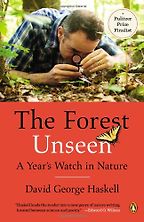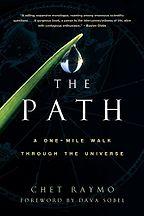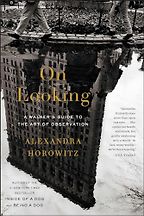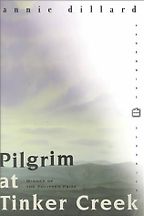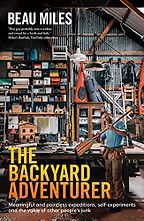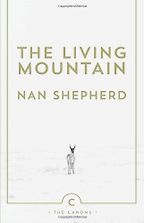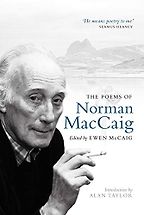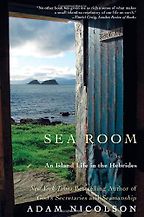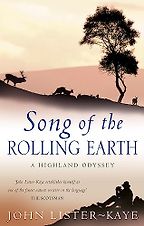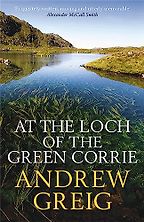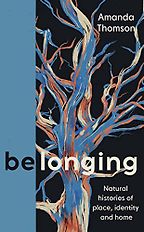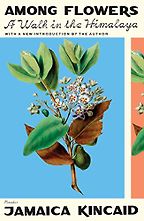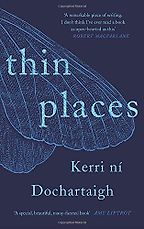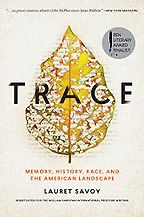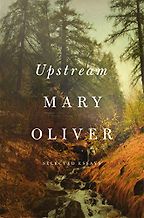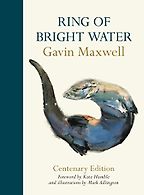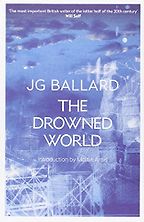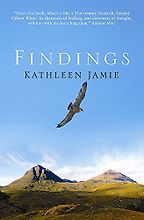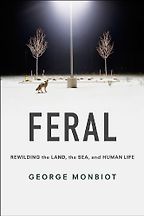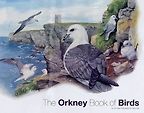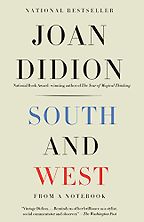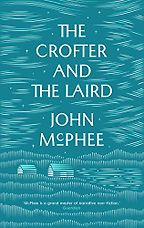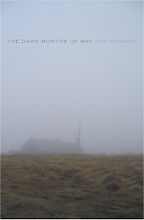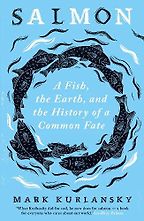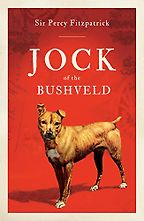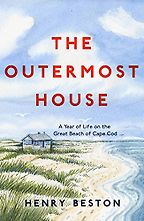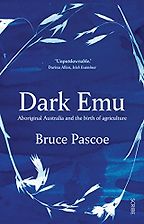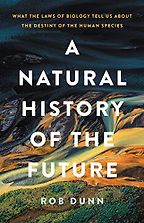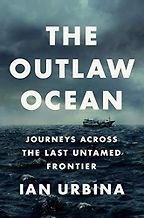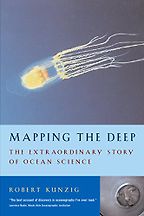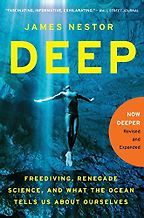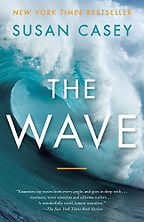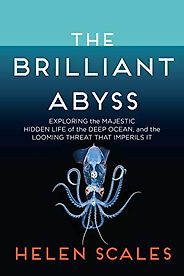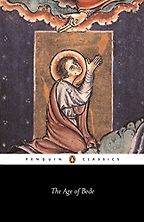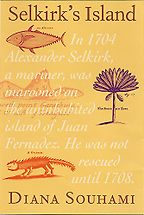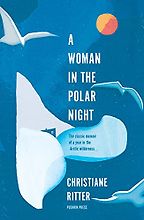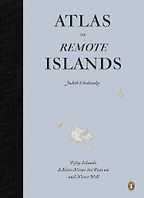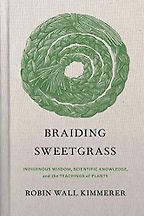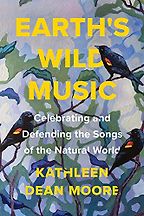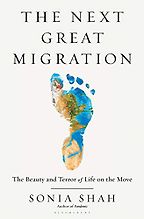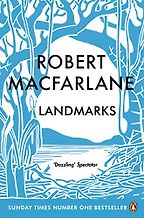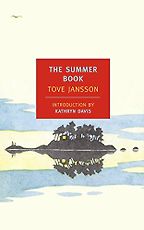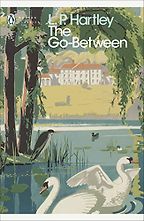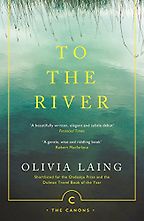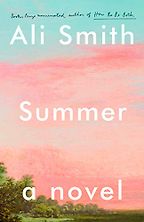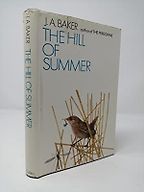Nature Writing
Last updated: May 21, 2025
Nature writing, celebrating and meditating on the non-human environment and our relationship with it, has a long literary pedigree, stretching back to the 18th century. Beginning there, Lucy Newlyn discusses William and Dorothy Wordsworth, how brother and sister influenced each other’s writing and their commitment to writing about the every day and the sights and sounds of their environment. Laura Dassow Walls looks at Henry David Thoreau, an early advocate of simple living and ecology. T C Boyle chooses his best books on man and nature, and talks about why the Dodo didn’t have a chance and whether it really matters if lions, tigers and polar bears become extinct (it does).
Our nature interviews cover diverse parts of the world. Sarah Wheeler talks about the polar regions, and Michael Jacobs talks about the Andes. Paul Brassley discusses the English countryside and Hari Kunzru chooses his best books on the American desert.
Robert Macfarlane talks about wild places and Sara Maitland discusses silence. Jeremy Mynott looks at birdwatching and David George Haskell chooses his best books on trees.
More generally, Amy Liptrot chooses her best books on nature writing, Charles Foster his best nature books of 2017, 2018 and 2019, while M G Leonard chooses her the best nature books for kids.
The best books on Local Adventures, recommended by Alastair Humphreys
Wonderful as it would be to climb Mount Everest or row across the Atlantic, not all of us will get the chance to go on an epic adventure. But that doesn’t mean we can’t go exploring. Alastair Humphreys, the British adventurer, explains the concept of ‘local adventure’ and recommends books that give a feel for what it’s about and why it’s worth pursuing.
The best books on The Scottish Highlands, recommended by Annie Worsley
The Scottish Highlands are known for the stark splendour of the landscape and the bellowing of the stags. They have inspired many classic works of poetry and nature writing, says Annie Worsley—the author of a memoir set on Scotland’s rugged north west coast. Here, she recommends five books on the Scottish Highlands that portray the people and their place.
The Best Nature Memoirs, recommended by Victoria Bennett
Nature is intrinsic to our experience of being alive and reading about it allows us to connect not just with the natural world but with ourselves. Here Victoria Bennett, author of All My Wild Mothers, a memoir of grief and creating an apothecary garden, recommends five other nature memoirs, highlighting personal and reflective prose by writers including Lauret Savoy, Mary Oliver, and Jamaica Kincaid.
Amy Liptrot chooses the best of Nature Writing
Amy Liptrot, whose bestselling memoir The Outrun won the 2016 Wainwright Prize for nature writing, talks to Five Books about her favourite writing about landscape—and how her immersion in island life helped her recover from alcoholism.
The best books on Sense of Place, recommended by Patrick Galbraith
Novelists, non-fiction writers and poets all attempt to create immersive and atmospheric settings in their books—what is called a ‘sense of place’ in literary terms. Here, the British journalist Patrick Galbraith selects five books that explore and evoke a sense of place—including works by Joan Didion, Mark Kurlansky and John McPhee.
-

1
The Outermost House: A Year of Life on the Great Beach of Cape Cod
by Henry Beston -

2
Pilgrim at Tinker Creek
by Annie Dillard -

3
Findings
by Kathleen Jamie -

4
Dark Emu: Aboriginal Australians and the Birth of Agriculture
by Bruce Pascoe -

5
A Natural History of the Future: What the Laws of Biology Tell Us about the Destiny of the Human Species
by Rob Dunn
The best books on Natural History, recommended by David George Haskell
The best books on Natural History, recommended by David George Haskell
Natural history can offer a “portal into wonder and astonishment,” says David George Haskell, the biologist and award-winning author of nonfiction works including Sounds Wild and Broken and The Forest Unseen. But natural history books, in the past, have also been guilty of reinforcing prejudices. Here he recommends five natural history books that celebrate the diversity of life.
-

1
The Brilliant Abyss: Exploring the Majestic Hidden Life of the Deep Ocean, and the Looming Threat That Imperils It
by Helen Scales -

2
The Outlaw Ocean: Journeys Across the Last Untamed Frontier
by Ian Urbina -

3
Mapping the Deep
by Robert Kunzig -

4
Deep: Freediving, Renegade Science, and What the Ocean Tells Us About Ourselves
by James Nestor -

5
The Wave: In Pursuit of the Rogues, Freaks, and Giants of the Ocean
by Susan Casey
The Best Books of Ocean Journalism, recommended by Laura Trethewey
The Best Books of Ocean Journalism, recommended by Laura Trethewey
Humans have mapped only 25 percent of the seafloor, so the ocean is ripe for exploration and investigation. Environmental journalist and author Laura Trethewey recommends five books by ‘ocean journalists’ that explore the life, crime and science of the seas.
-

1
'The Voyage of St Brendan,' in The Age of Bede
edited by J.F. Webb and D.H. Farmer -

2
Sea Room
by Adam Nicolson -

3
Selkirk's Island: The True and Strange Adventures of the Real Robinson Crusoe
by Diana Souhami -

4
A Woman in the Polar Night
by Christiane Ritter -

5
Atlas of Remote Islands: Fifty Islands I Have Never Set Foot On and Never Will
by Judith Schalansky
The best books on Islands, recommended by Gavin Francis
The best books on Islands, recommended by Gavin Francis
Generations of writers, explorers and armchair travellers have found a focal point of fascination in the idea of the remote island. Why so? Gavin Francis, the award-winning writer, explains the everlasting appeal of the lonely isle – and why the fantasy is at least as powerful as the salt-sprayed reality – as he selects five of the best books on islands.
-

1
Trace: Memory, History, Race, and the American Landscape
by Lauret Savoy -

2
Braiding Sweetgrass: Indigenous Wisdom, Scientific Knowledge and the Teachings of Plants
by Robin Wall Kimmerer -

3
Earth's Wild Music: Celebrating and Defending the Songs of the Natural World
by Kathleen Dean Moore -

4
The Next Great Migration: The Beauty and Terror of Life on the Move
by Sonia Shah -

5
Landmarks
by Robert Macfarlane
The Best Books For Environmental Learning, recommended by Mitchell Thomashow
The Best Books For Environmental Learning, recommended by Mitchell Thomashow
We are surrounded by nature but it’s easy to miss it and spend time either in our heads or on screens. Here Mitchell Thomashow, a longtime teacher of environmental learning, picks books to broaden our vistas and help us see the natural world with fresh eyes.
The best books on Summer, recommended by Melissa Harrison
Temperatures ratcheting, tinderbox conditions, a pressure cooker atmosphere… summer is a handy literary shorthand for rising tensions. But in the natural world, summer is a quiet time when the flowers die back and the fruits and seeds are ripening. Here, Melissa Harrison—the novelist, nature writer and podcaster—recommends five of the best summer books, for those who like to read in step with the seasons.
